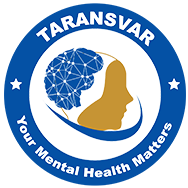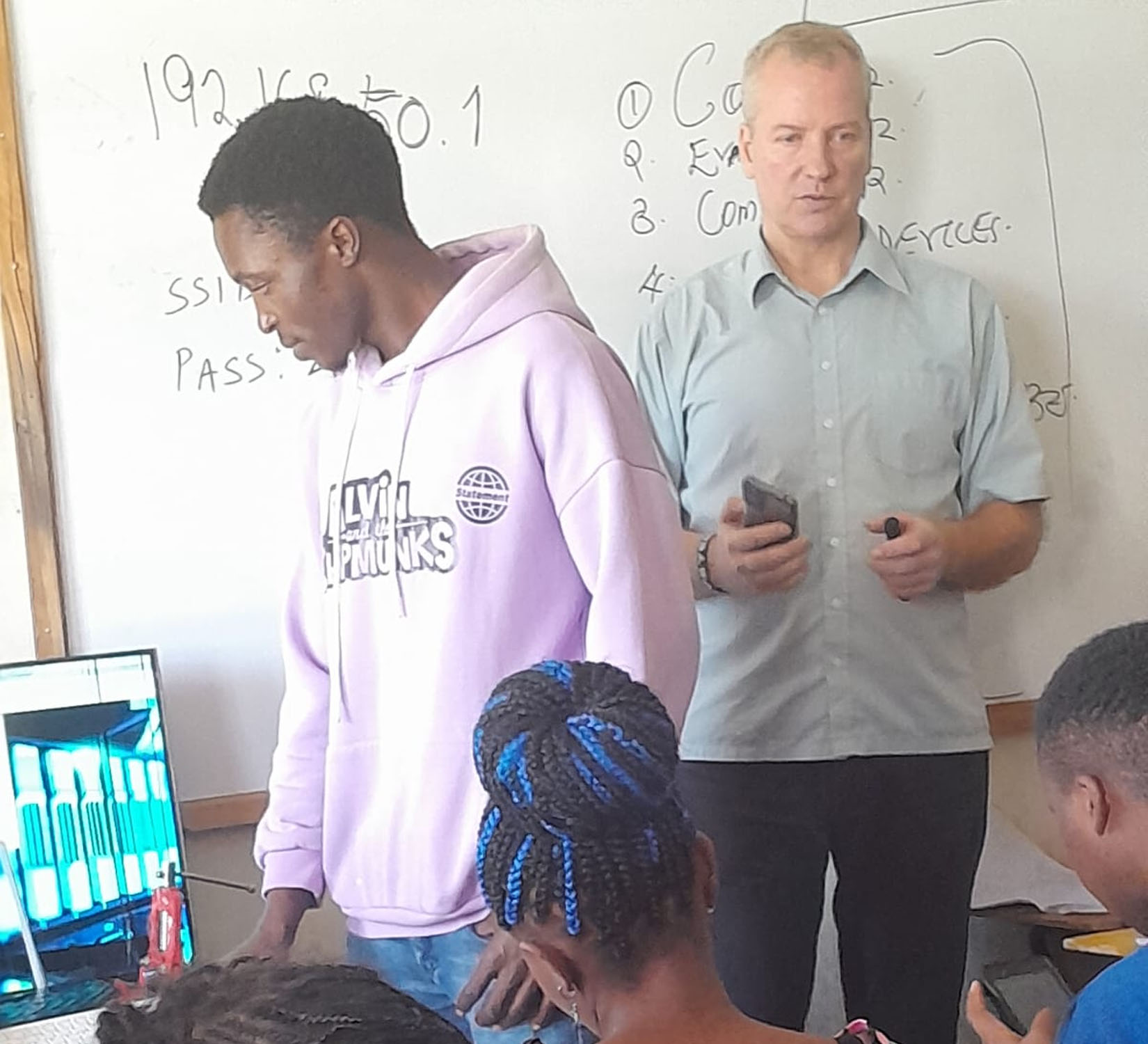


Taransvar is a registered mental health organization focused on helping individuals achieve better mental well-being by fostering focus and overcoming triggers that disrupt progress. We specialize in understanding how the brain’s synaptic connections shape behavior and use this knowledge to help rewire destructive habits into positive ones through coaching. Whether you work on this journey alone or with support, we provide tools to make it easier and more effective.
Our work spans two key areas: mental health and cybersecurity. In mental health, we treat challenges as destructive habits that can be reshaped with the right guidance. In cybersecurity, we advocate for stronger online governance and propose innovative solutions, like an NGO-owned global network, to combat cybercrime. At Taransvar, we’re dedicated to improving both mental well-being and digital safety.
Read MoreHere is a description of such a network, how we’re planning to bring this about, and how you can become part of this.
When a computer (PC A) becomes infected within the network of a telecom company (Tele A), it is flagged as a potential risk. If PC A attempts to launch an attack on another computer (PC B) within the network of a different telecom company (Tele B), PC B’s firewall detects the malicious traffic and reports the attempted breach.
Tele B then notifies Tele A that PC A has been involved in an attack. However, PC A may continue its malicious activity by attempting to attack another computer (PC C) in a third telecom network (Tele C). Once again, Tele C’s firewall detects the attack and reports it.
In response, Tele A wraps all future traffic from PC A in a labeled data package, informing other networks that this computer has been reported for involvement in attacks. This process ensures that PC A’s activity is flagged for awareness across multiple telecom networks, helping to prevent further malicious attempts while maintaining overall network stability.

Cybersecurity isn't just about technology but also about protecting people’s peace of mind, ensuring that vulnerable communities are secure online, and mitigating stressors that come with cyber threats.
Read MoreThe initiative isn't just a technical program but a mission to empower communities, providing both digital safety and educational outreach that aligns with the NGO’s holistic mission to uplift underprivileged areas.
Read MoreThis initiative uniquely prioritizes underserved and vulnerable communities, offering them protection that large, for-profit cybersecurity companies may overlook. This proactive stance builds trust.
Read MoreCyber incidents can have significant psychological impacts, including stress, anxiety, and trauma. The program is positioned to prevent these issues by securing networks and educating people on safe practices.
Read MoreWe are building a global system to secure the Internet and are looking for partners who value a safer digital world and want to be part of this transformative effort. We seek collaboration from IT security experts, telecom companies, major corporations, governments, and universities. Cybercrime costs businesses hundreds of billions each year, yet it can be controlled if we prioritize long-term solutions over short-term profits. We need:
Telecom companies that partner with Taransvar will gain access to a global network designed to prevent cyber attacks. They will enhance the value of their services by offering secure connections, attracting more customers, and reducing the risks associated with cybercrime.Currently, telecom companies profit from cybersecurity by protecting their customers but without fundamentally solving the issue. They capture only a fraction of the total cybersecurity market.
With our approach, telecom companies can become prime partners in securing the internet. This enhances their value proposition—moving beyond mere traffic providers to security enablers at the core network level.
A key outcome of our model will be the creation of a split internet: